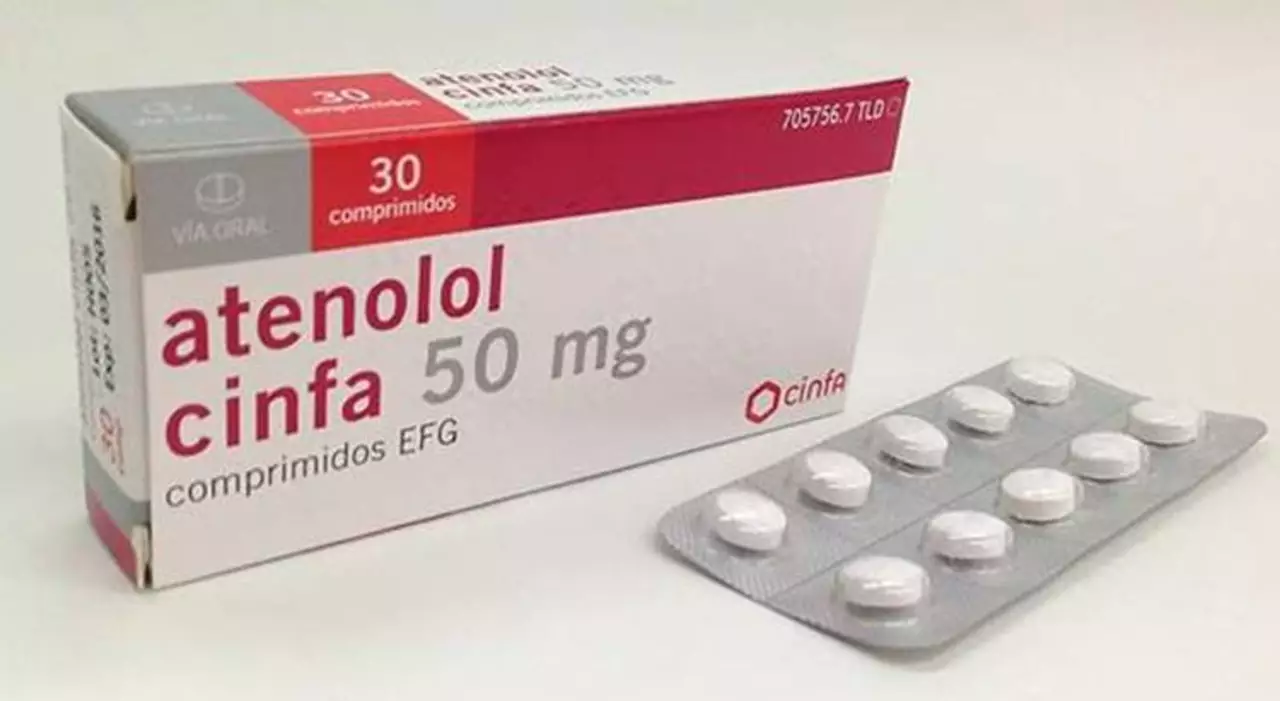Smell Changes: Why It Happens and How to Respond
Losing or changing your sense of smell is more than annoying — it can be a safety risk. You might not smell smoke, gas, or spoiled food. Smell changes can come on suddenly or creep up slowly. Below are clear, practical steps to figure out what's going on and what to try first.
Common causes you should know
Nasal congestion and sinus infections are the simplest reasons. Blocked airflow prevents odors from reaching smell sensors. Viral infections (cold, flu, COVID-19) can damage smell nerves and cause sudden loss. Head injury, aging, and neurological conditions like Parkinson’s or Alzheimer’s can also change smell, usually more gradually.
Medications are a frequent, fixable cause. Many drugs can blunt or distort smell: some antibiotics, certain blood pressure meds, antidepressants, antipsychotics, and even some topical or oral steroids. If you recently started a medication and then noticed smell changes, mention it to your prescriber before stopping the drug yourself.
Other causes include smoking, exposure to strong chemicals, dental problems, and nasal polyps. Nutrient issues — low zinc, for example — can affect smell too, but treat supplements only after checking with a clinician.
Quick checks and first-aid steps
Start simple. Can you breathe through each nostril? Try a gentle saline rinse to clear mucus. If congestion improves and smell returns, the cause was likely nasal blockage. If loss was after a cold or COVID-like illness, test for COVID and rest — some recover within weeks, others take months.
Look at recent changes: new meds, head injury, dental work, or heavy chemical exposure. If a new medication lines up with the timing, ask your doctor about alternatives or dose changes. Don’t stop prescribed meds without medical advice.
Practical safety tips: install smoke and gas detectors, check expiry dates on food, and label strong-smelling household items. Avoid tasting unknown foods if you can’t smell them — taste and smell work together, and missing smell makes flavor misleading.
Smell training is low-risk and helps many people. Twice a day, for several months, sniff four distinct scents (commonly rose, lemon, clove, eucalyptus) for 10–20 seconds each while focusing on the smell. Consistency matters — people often see improvement after a few months.
When to see a doctor: if smell loss is sudden and severe, comes with facial pain or bleeding, follows a head injury, or lasts more than two to three weeks without improvement. ENT specialists can test smell more precisely, look for obstructions, polyps, or order imaging. Neurology referral is useful if smell loss is slowly progressive or accompanied by movement or memory changes.
Medical treatments vary. If nasal inflammation or polyps are the cause, nasal steroids or procedures may help. For post-viral loss, smell training is the main evidence-backed option; some doctors may consider short steroid courses or other therapies in selected cases.
Bottom line: don’t ignore new smell changes. Try simple fixes first, check recent meds or illnesses, practice smell training, and see a clinician if it’s severe, sudden, or long-lasting. Small steps now can prevent safety problems and speed recovery.
Atenolol and Smell Changes: What You Should Know
As a blogger, I recently came across some interesting information about Atenolol, a medication commonly prescribed for high blood pressure, and its potential impact on our sense of smell. I discovered that Atenolol may cause changes in the way we perceive different scents, which could be quite alarming for some people. While this side effect is not common, it's essential to be aware of it, especially if you're taking this medication. If you notice any changes in your sense of smell while on Atenolol, make sure to discuss it with your doctor. In the meantime, I'll keep researching and sharing my findings to keep you all informed.
View more
